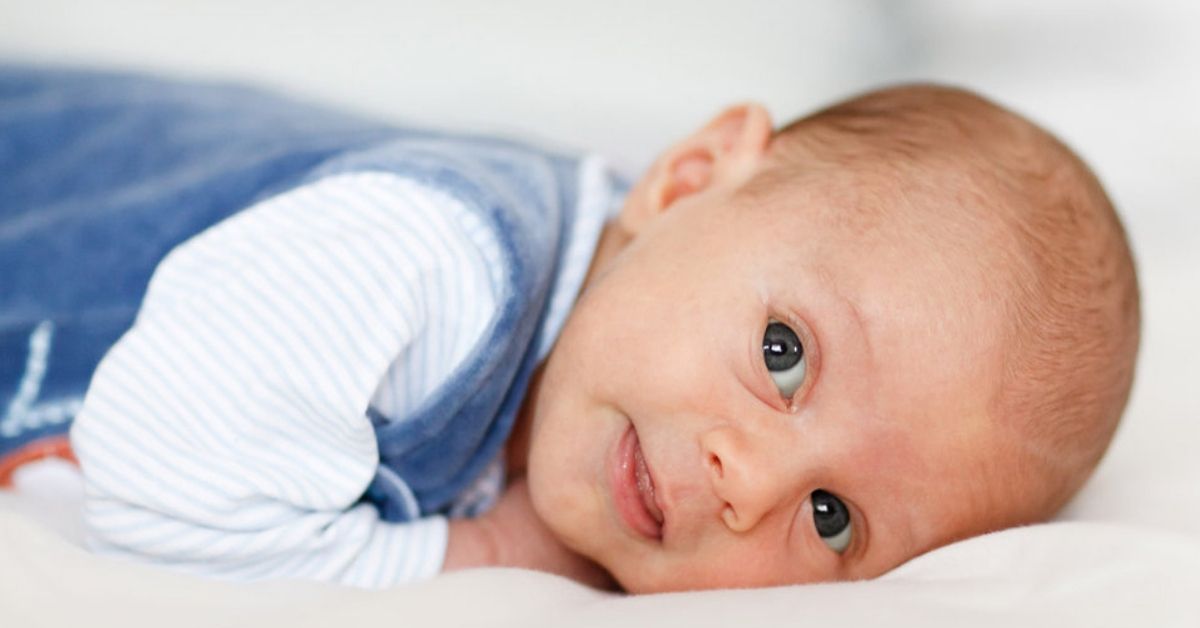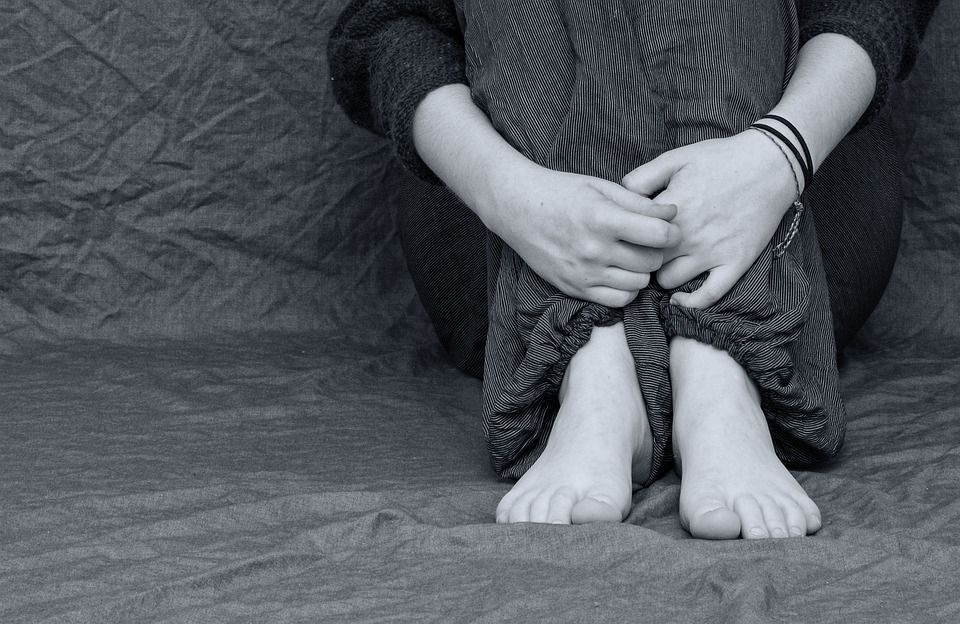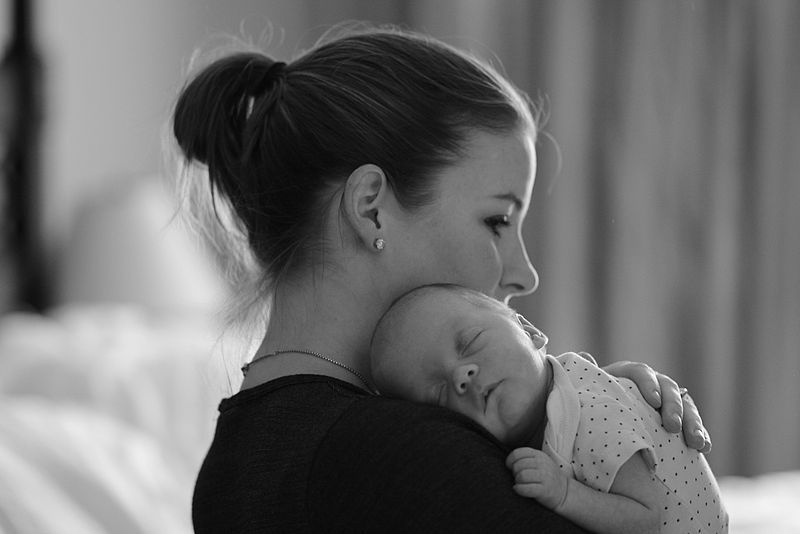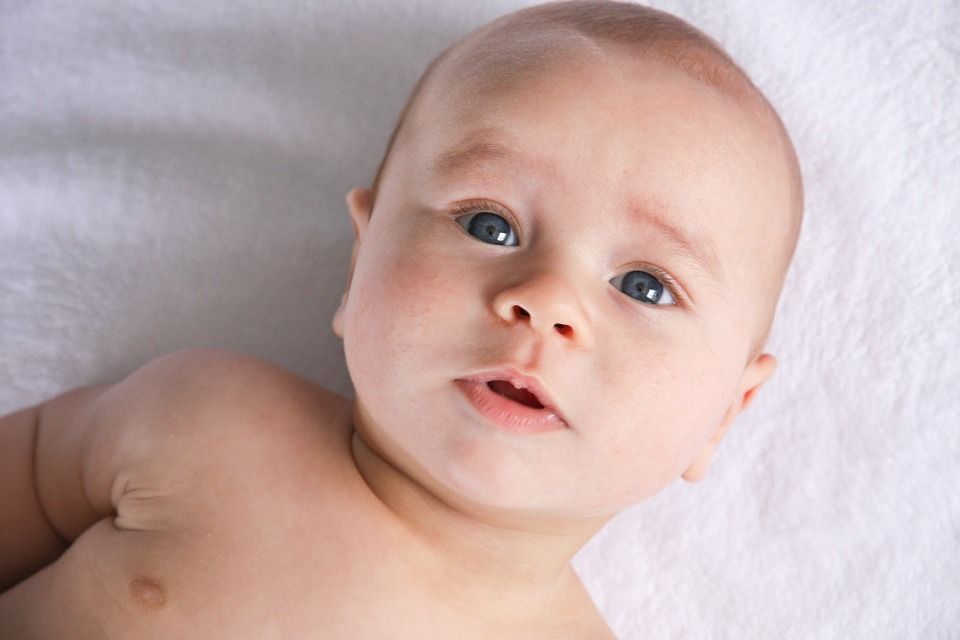Women are constantly told that the birth of their child is the best thing to happen in life, but why doesn't every mother feel this way?
It's true that our brains are hardwired to find babies cute, exciting our emotions and making us more compassionate, but a lot of other things are happening in a pregnant women's brain too.
Scientists haven't been able to uncover the exact reason why some women get postpartum depression, a mood disorder associated with childbirth, but they believe it's a combination of physical and emotional factors.
If you've experienced or know of anyone who has had postpartum depression, you know just how awful this condition is.
Symptoms include extreme sadness, low energy, anxiety, irritability, and changes in sleeping or eating patterns.
According to the American Psychological Association, up to one in seven women suffer from postpartum mood disorders. Unfortunately, this depressive state doesn't go away on its own.
"It can appear days or even months after delivering a baby; it can last for many weeks or months if left untreated," the website writes.
"PPD can affect any woman"”women with easy pregnancies or problem pregnancies, first-time mothers and mothers with one or more children, women who are married and women who are not, and regardless of income, age, race or ethnicity, culture or education."
Since postpartum depression is so serious, and can have major impacts on the well-being of both the mother and the child, scientists are looking for some concrete answers, and one study may shed light into this condition.
In a recent study by researchers at the University of Kent, they found that women who have baby boys are much more likely to be diagnosed postpartum depression.
The researchers found that mothers who have baby boys are nearly 80% more likely to have postpartum depression than if they gave birth to girls.
But that's not all, they also found that birth complications are also associated with a higher chance of the condition, by at least 174%.
The study, published in Social Science & Medicine, concludes that health professionals should provide more support to women who may be more at risk.
"The finding that having a baby boy or a difficult birth increases a woman's risk gives health practitioners two new and easy ways to identify women who would particularly benefit from additional support in the first few weeks and months," Sarah Johns, co-author of the study, said.
Now the question is, how is it that gender plays a role in increasing a woman's chance of the condition?
When looking at the reproductive histories of of nearly 300 women, the researchers studied the link between depressive symptoms and an inflammatory immune response.
"Both the gestation of male fetuses and the experience of birth complications have documented associations with increased inflammation, yet their relationships with postnatal depression are currently unclear," the researchers noted.
[H/T: Eureka Alert]




